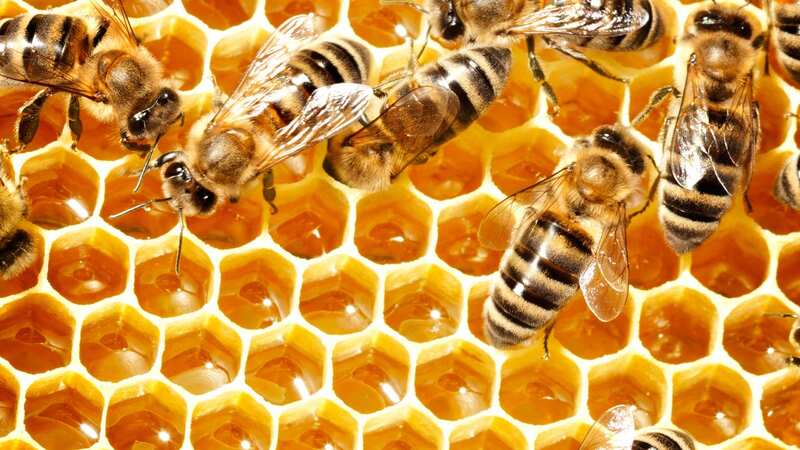Two tablespoons a day of common house item 'may help during cold and flu season'

One popular household staple could help the body with a number of nutritional benefits during the cold and flu season, say experts.
Honey is a product of floral nectar that bees make, and for thousands of years, people have consumed it and utilized it medicinally. When used sparingly, it can provide a number of benefits.
Honey has a high calorie and energy content because it is naturally roughly 80% sugar. The following ingredients are found in one tablespoon of honey, per the U.S. Department of Agriculture: 64 calories, 17 grams of carbohydrates and 17 grams of sugar. A spoonful of honey contains trace levels of calcium, iron, magnesium, potassium, selenium, vitamin C, and folate, but it is free of fat, protein, fiber, and cholesterol.
According to Maya Vadiveloo, Ph.D., an associate professor of nutrition at the University of Rhode Island and registered dietitian, honey may offer certain advantages over other sweeteners because of the variety of molecules it contains.
READ MORE: Ultra-processed foods are just as addictive as cigarettes, study claims
 Mum's heartbreak as 'best pal' daughter dies days after 'boozy birthday lunch'
Mum's heartbreak as 'best pal' daughter dies days after 'boozy birthday lunch'
 Honey contains 64 calories, 17 grams of carbohydrates and 17 grams of sugar (Getty Images)
Honey contains 64 calories, 17 grams of carbohydrates and 17 grams of sugar (Getty Images)“There’s been some research showing that it has more antioxidants, and it’s relatively a better source of potassium and some minerals than, say, table sugar,” Vadiveloo said. “But I wouldn’t rush out to be eating honey as a health food… it’s still a source of added sugar.” Honey is a slightly better option than sugar since it contains antioxidants like phenolic acid and flavonoids, but both should be consumed in moderation, according to clinical dietician Elisabetta Politi of the Duke Lifestyle and Weight Management Center in Durham, North Carolina.
She continues, "Honey may help prevent heart disease as it is an antioxidant source." Diego Garzon, a professional dietitian at UHealth, the University of Miami Health System, notes that a recent study found that eating about two tablespoons of honey daily in addition to a healthy diet may improve cholesterol levels by reducing LDL cholesterol and triglycerides while improving HDL cholesterol.
“Honey is sugar like any other sugar,” Garzon said. “At the end of the day, it should only be consumed in a very small amount.” According to the National Honey Board, darker honey often has a higher antioxidant content than lighter honey, with Illinois buckwheat honey exhibiting the highest antioxidant activity.
Garzon advises consuming raw honey, which hasn't been processed or filtered, regardless of the flower source since "it tends to be a very pure form of honey without any of the nutritional content being compromised," he says. According to the Mayo Clinic, boiling honey has no benefit for food safety because foodborne bacteria cannot survive in it.
Honey has the ability to heal wounds, reduce inflammation, and fight infections. According to the National Library of Medicine, honey has some ingredients that may be able to fight specific germs and fungi, prevent skin from sticking to wound dressings, and supply nutrients that may hasten the healing process.
Read more similar news:
Comments:
comments powered by Disqus

































